Did you know that only seven women have been nominated for the Oscar for best director? Did you know only three have won this award? An award ceremony that has been around for almost a century has only recognised the work of seven female directors. However, there’s still hope for change as women in the industry push for the recognition they deserve.
One of these seven, the astounding Greta Gerwig, is most recently applauded for her live action rendition of Barbie, a film grossing over 1.4 billion dollars at the global box office. Barbie is the first film exclusively directed by a woman to achieve such an amount. Not only did Gerwig direct this movie, but she also co-wrote it with her partner Noah Baumbach. This makes Gerwig an inspiration to not only women aspiring to a career in film, but women across the world who have waited for this level of recognition for female-lead productions to be achieved. She has also described the lengths to which her works have flown by saying “Nobody knows what you have in you until you’ve done it, so I just keep pushing those boundaries”. However, her success did not begin with Barbie.
Gerwig is also known for her self-written movie Lady Bird and her film adaptation of Louisa May Alcott’s novel, Little Women. Lady Bird was the movie that landed her an Oscar nomination. This is a film commended for its universal relatability for women during their youth. It follows the journey of a teen girl exploring her identity and experiencing her firsts: troubles with friends, intimate relationships, and conflict with parents. Similarly, Little Women follows the journey of young women expressing their ambitions unapologetically, something many movies unfortunately lack. Leading character Jo March believes women: “have minds, and they have souls, as well as just hearts.” Cinema often ignores such subjects, I believe Gerwig’s work is thrilling for girls of every age who have been wishing for this change to take place.
All three movies pass the popular Bechdel test. To pass the test, works must feature at least two women conversing about something other than a man – A shocking number of films do not pass this. Barbie also passed the reverse Bechdel test (the same rules but for males conversing about something other than women). This emphasises the need for equality and challenges the argument of some that feminist works are “against men.”
An expert in the film industry, Claire Kennedy who works as a film teacher at Xaverian, believes Gerwig’s films are made by those “taking chances” in the industry. She argued cinema: “should not just do this for the purpose of giving viewers what they want and stopping there.” She hopes these feminist films will, “bring forward more big budget films about women, as well as encouragement for people to take films about women seriously.” And lastly, how does this change make her feel as a woman? she responded that “while it brings a sense of excitement, there is also a lingering fear that it won’t carry on.”
It is disheartening that female directors who have already begun this change are not being recognised enough by the public or major awards. Yet there is hope for a continuation as stars such as Julie Dash (who also largely focuses on themes of racism) and Sophia Coppola explore subjects of feminism, directly and indirectly, within their works. Like Sasha said in Barbie, “Even if you can’t make it perfect, you can make it better.”

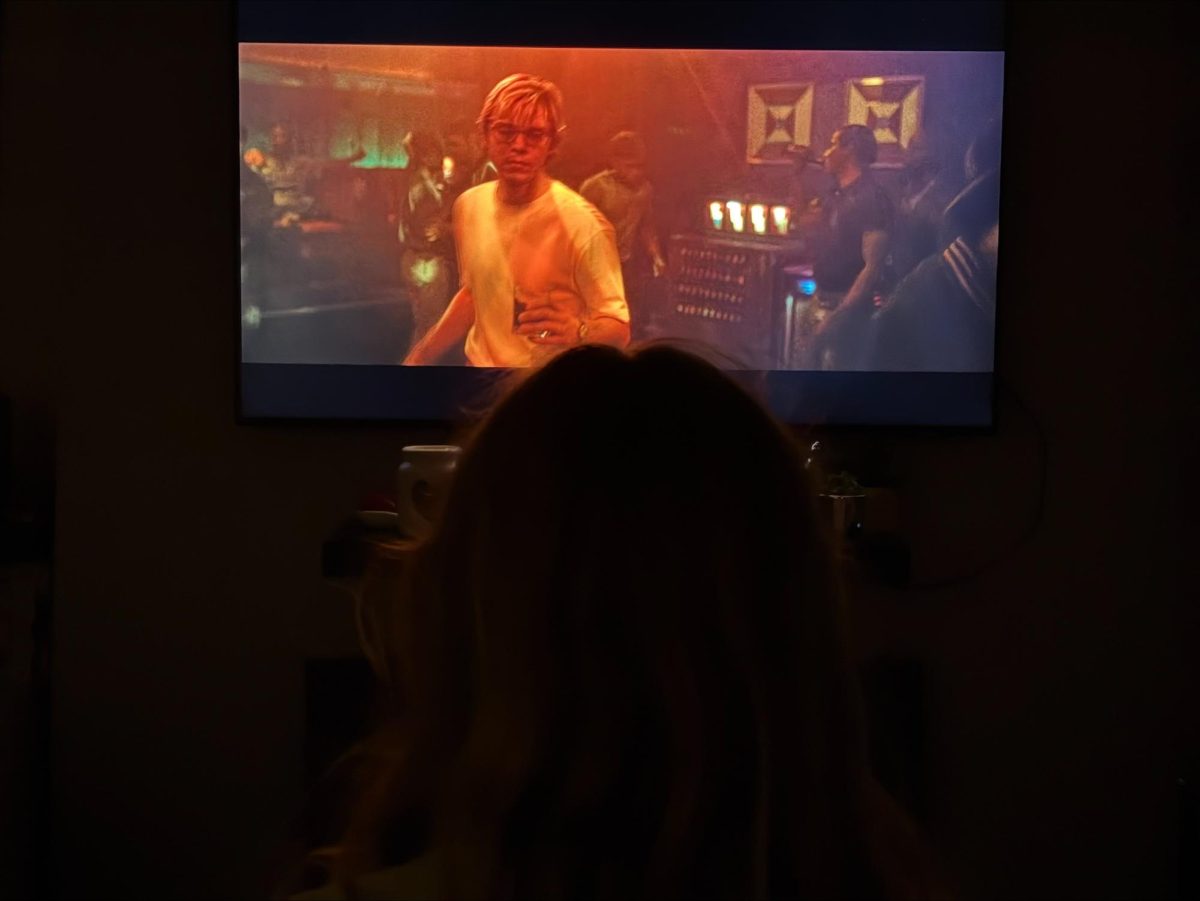
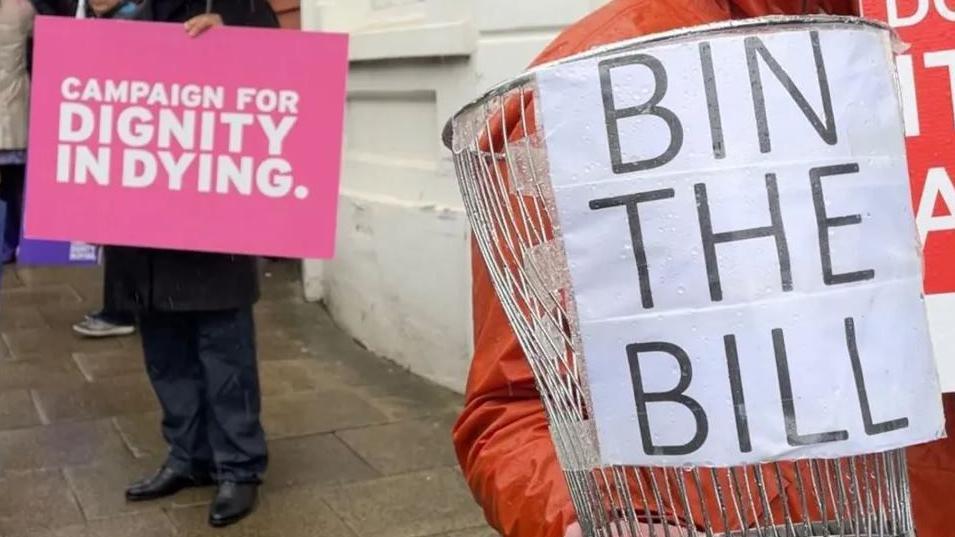

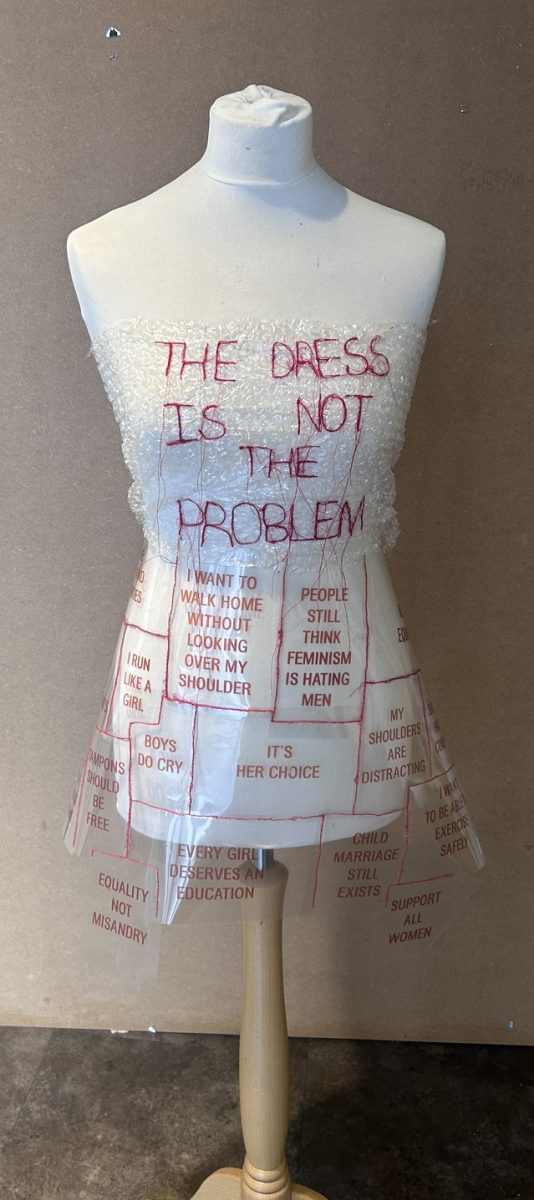

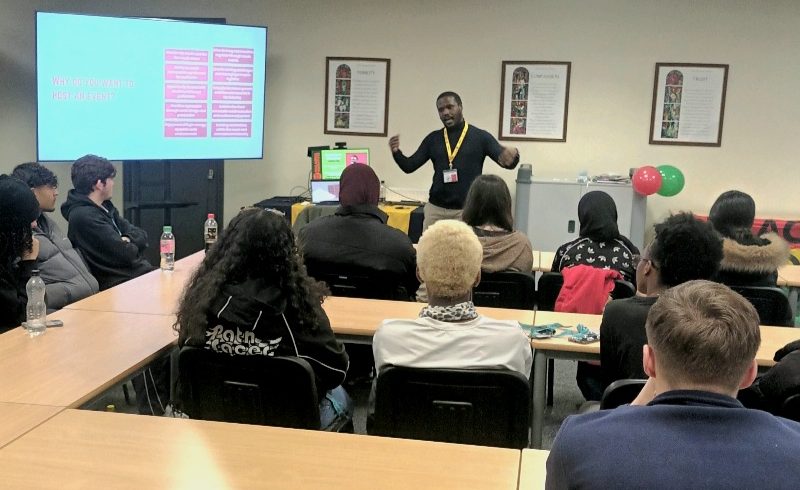
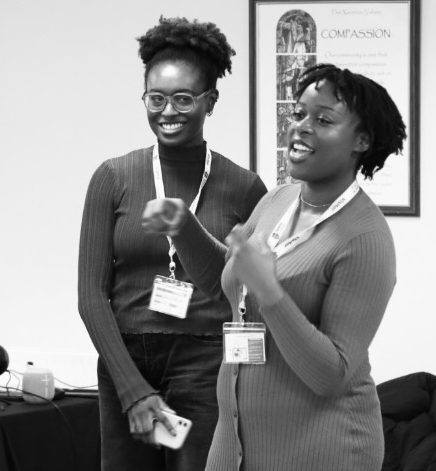

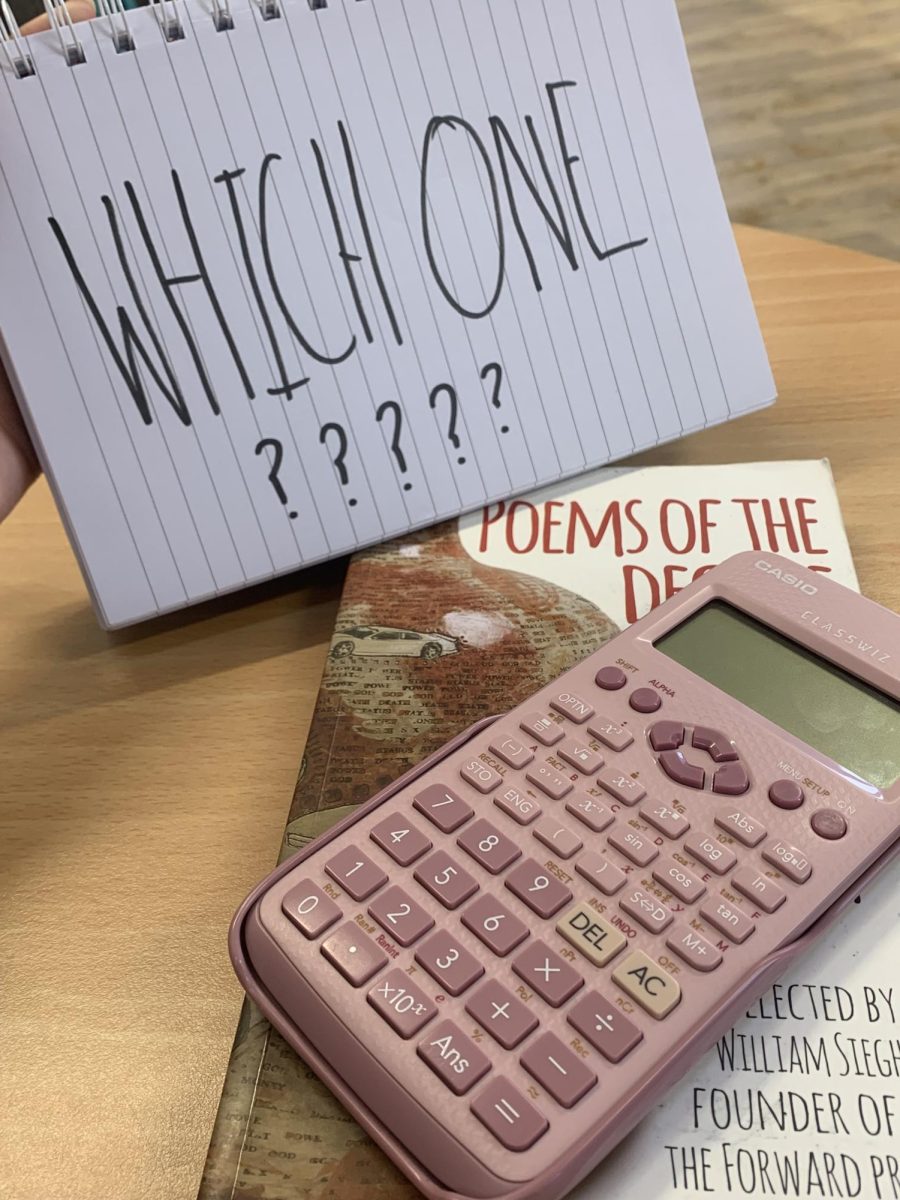


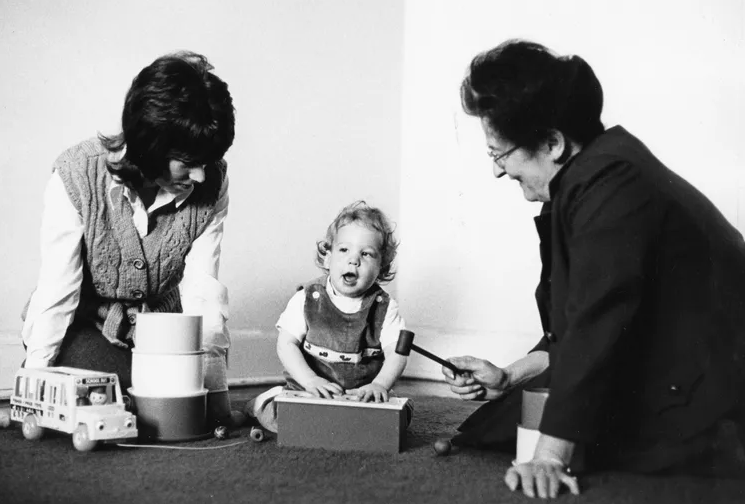
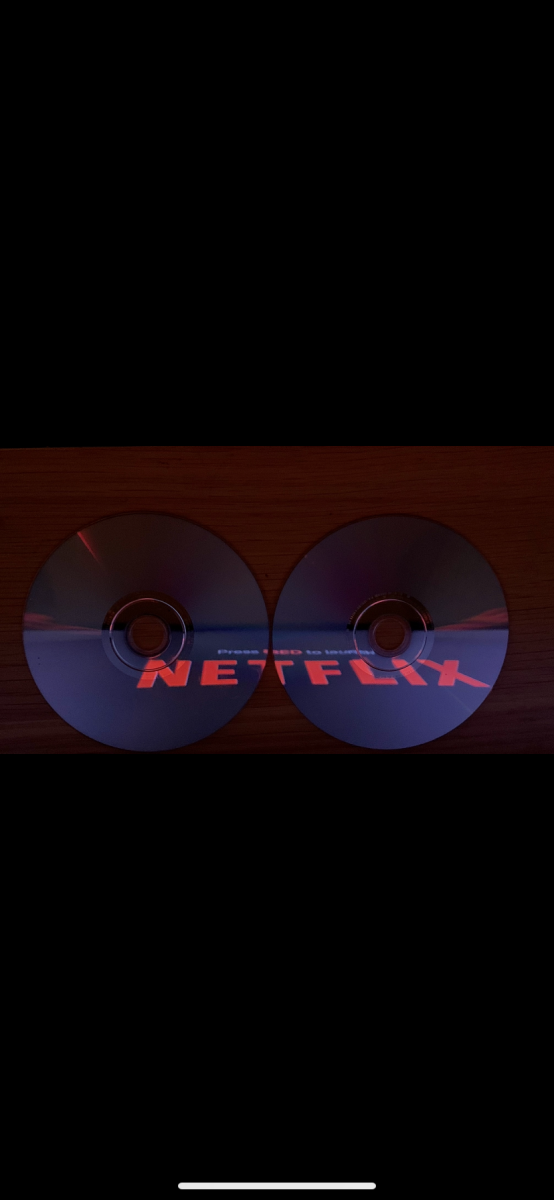


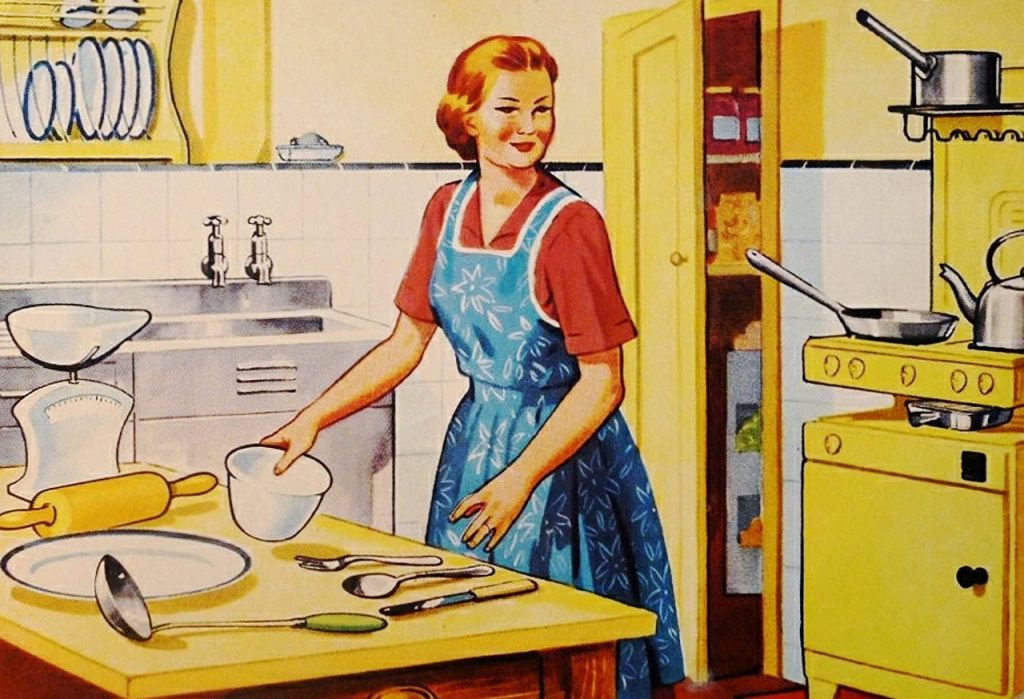

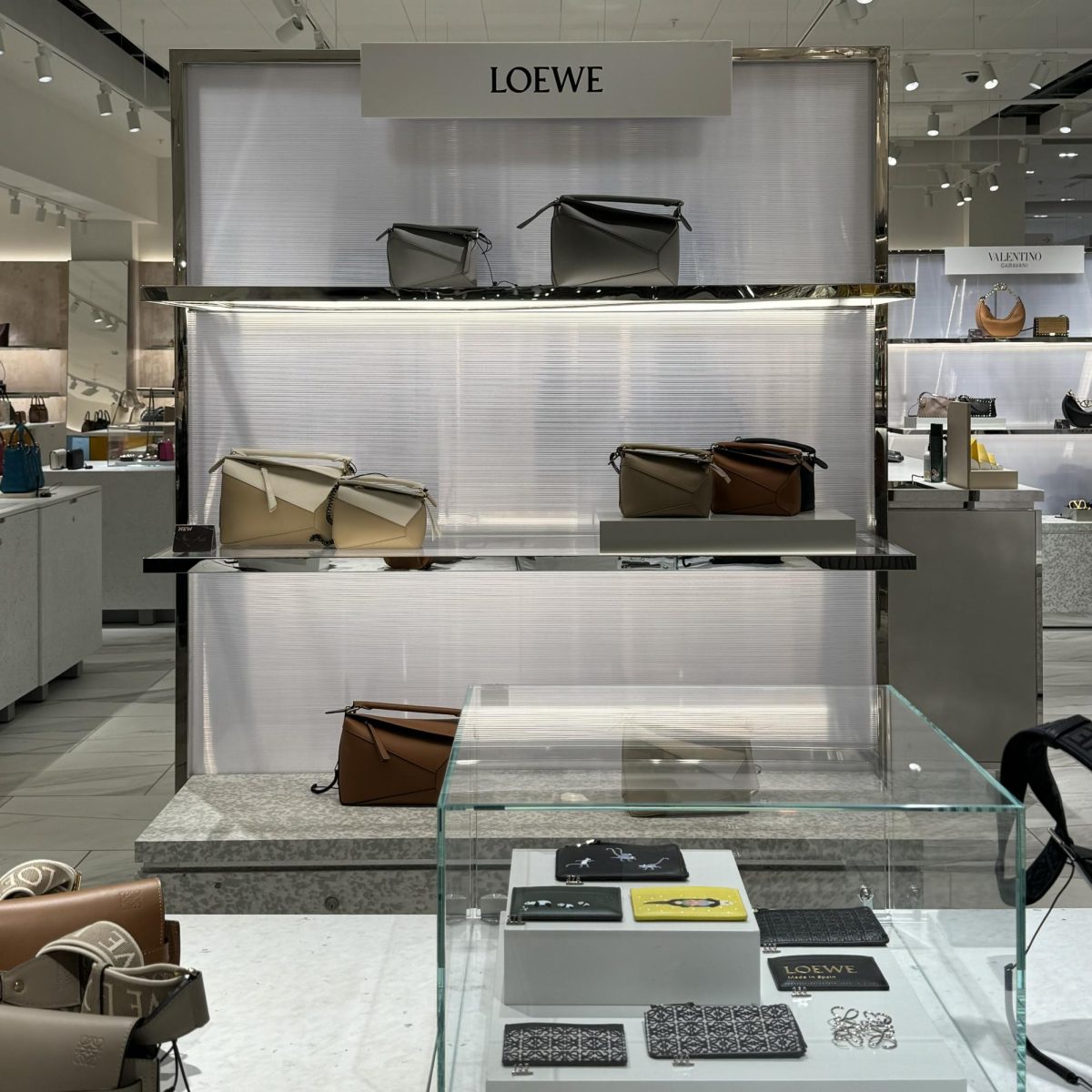
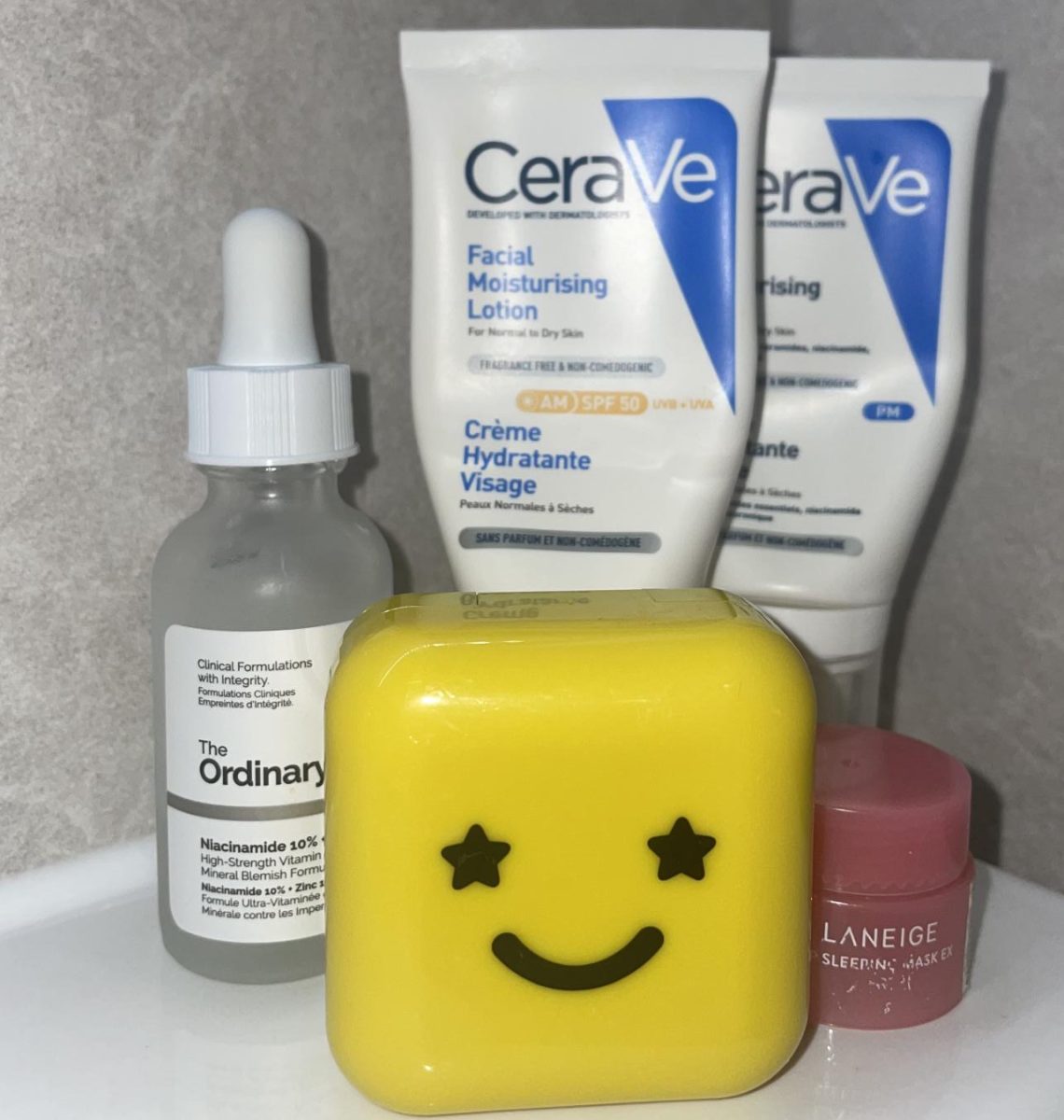











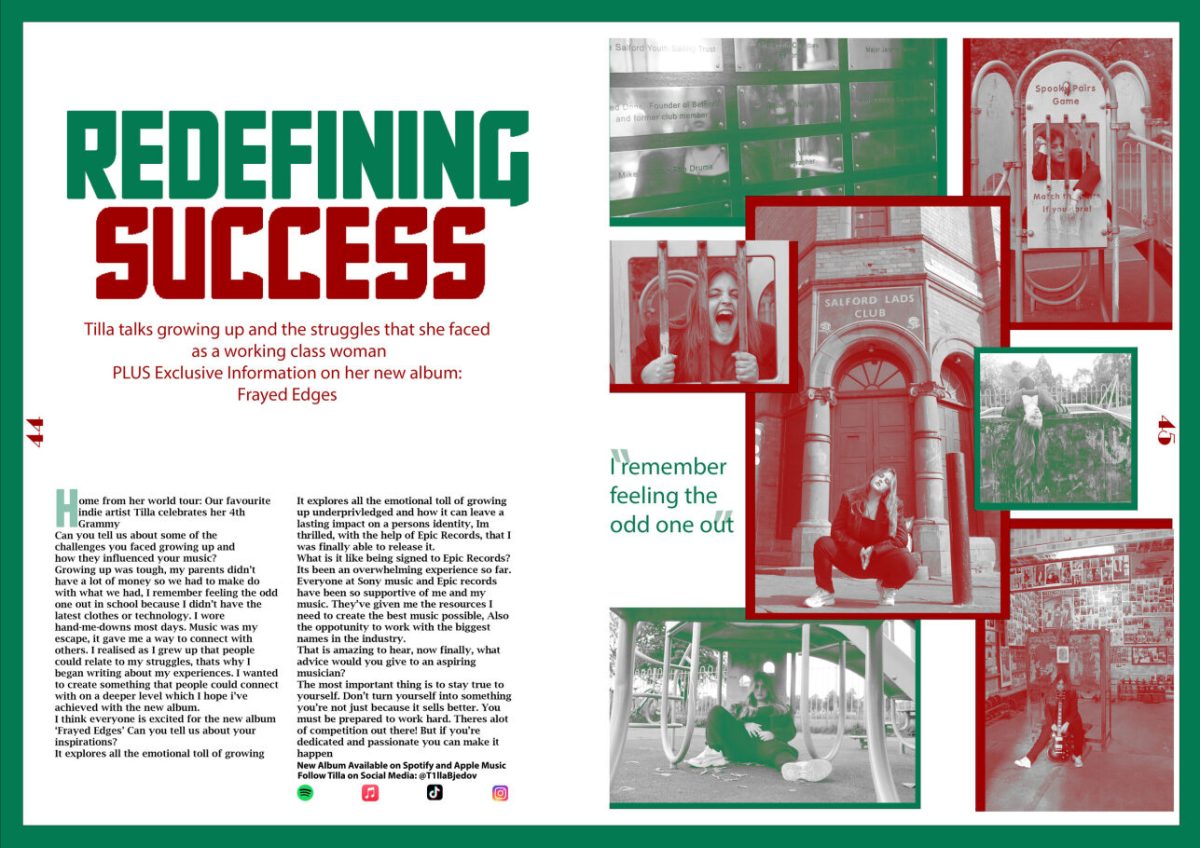

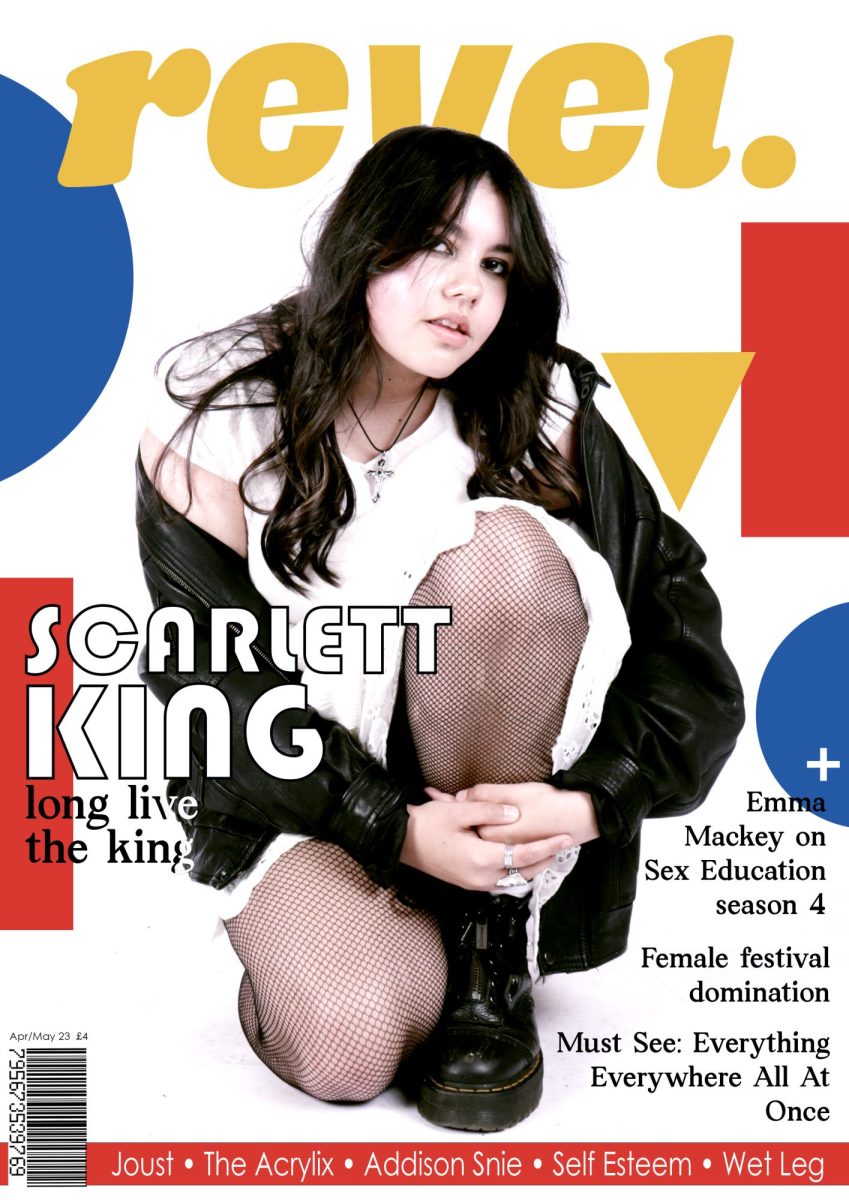
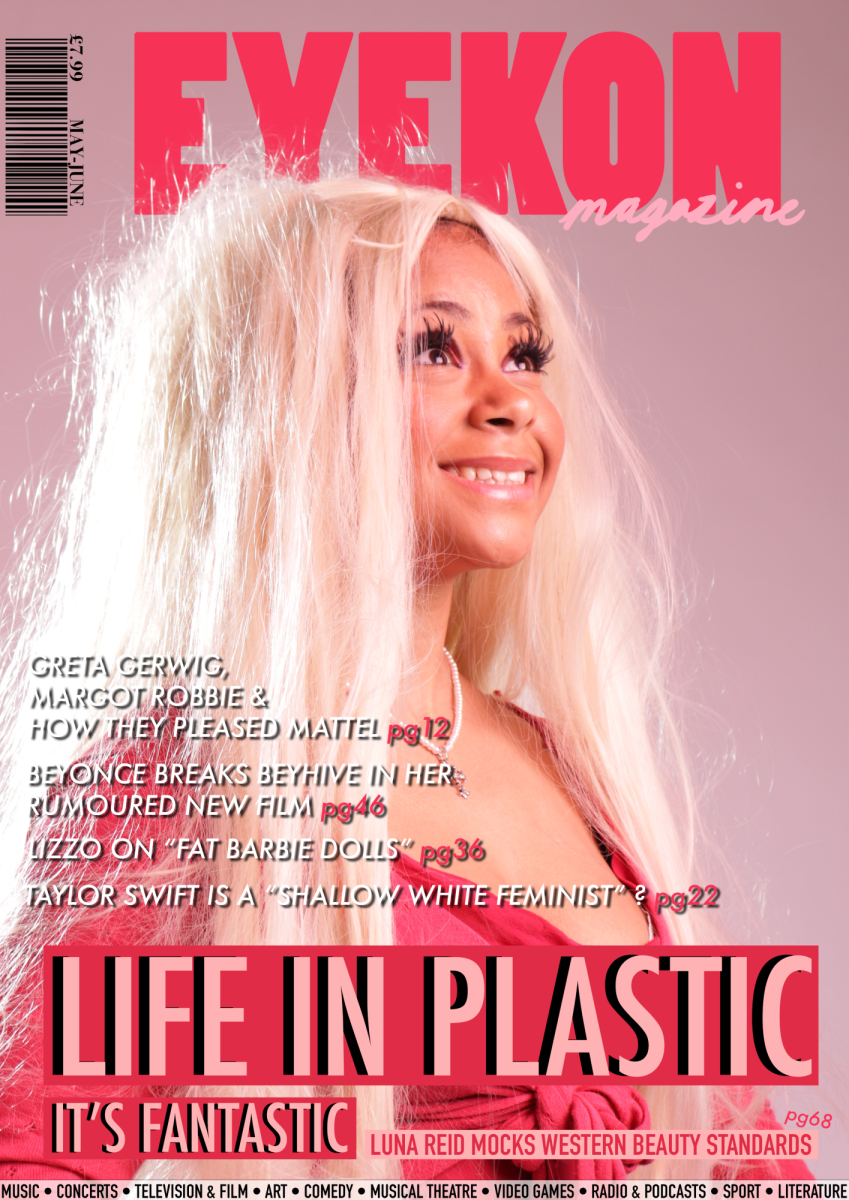
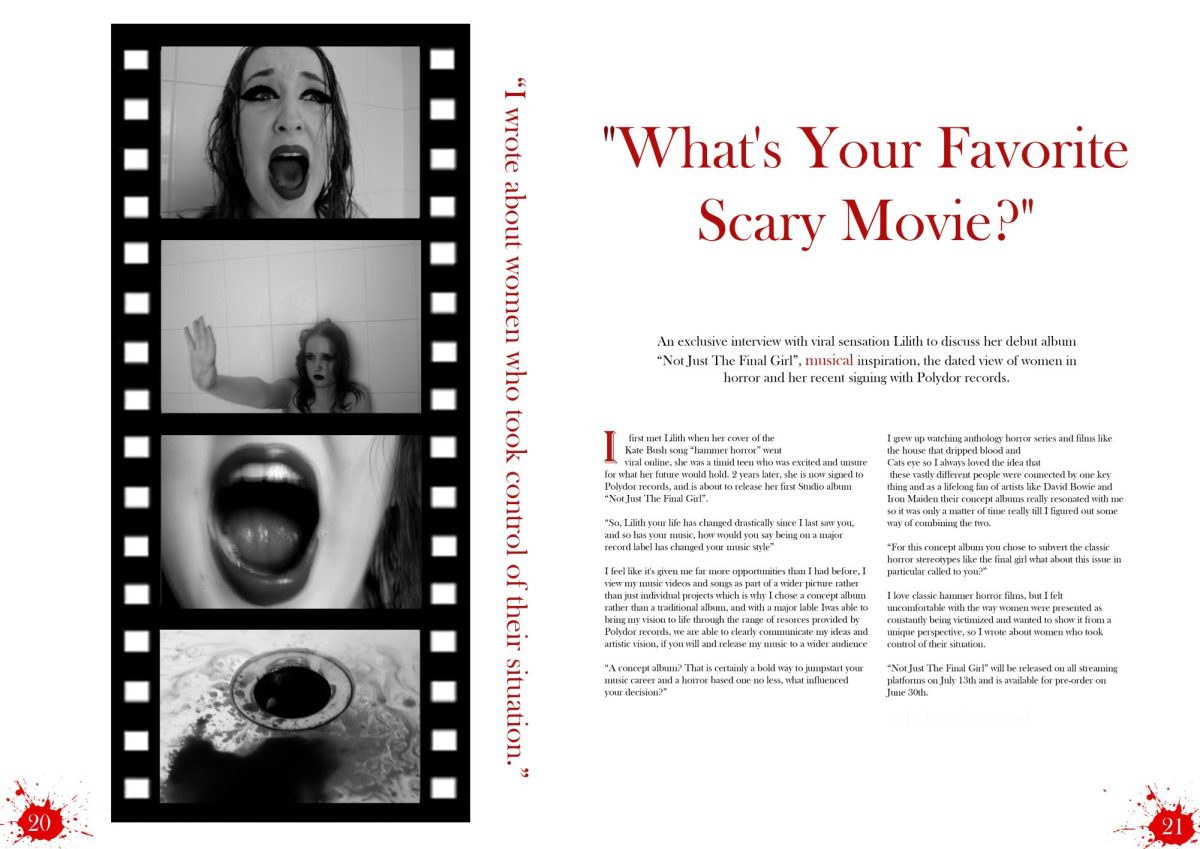



Rachel Blundell • Dec 13, 2023 at 7:08 am
Brilliant cross-section of film and feminism – Greta Gerwig is truly a force to be reckoned with in the industry.
Olivia Shaw • Dec 13, 2023 at 7:03 am
Really interesting, so happy that Gerwig has gotten a golden globe nomination 🙂
Jacqui Shirley - Organiser • Dec 1, 2023 at 7:02 am
Enjoyable read, I love Gerwig’s films and can’t believe she was overlooked for Oscar nominations